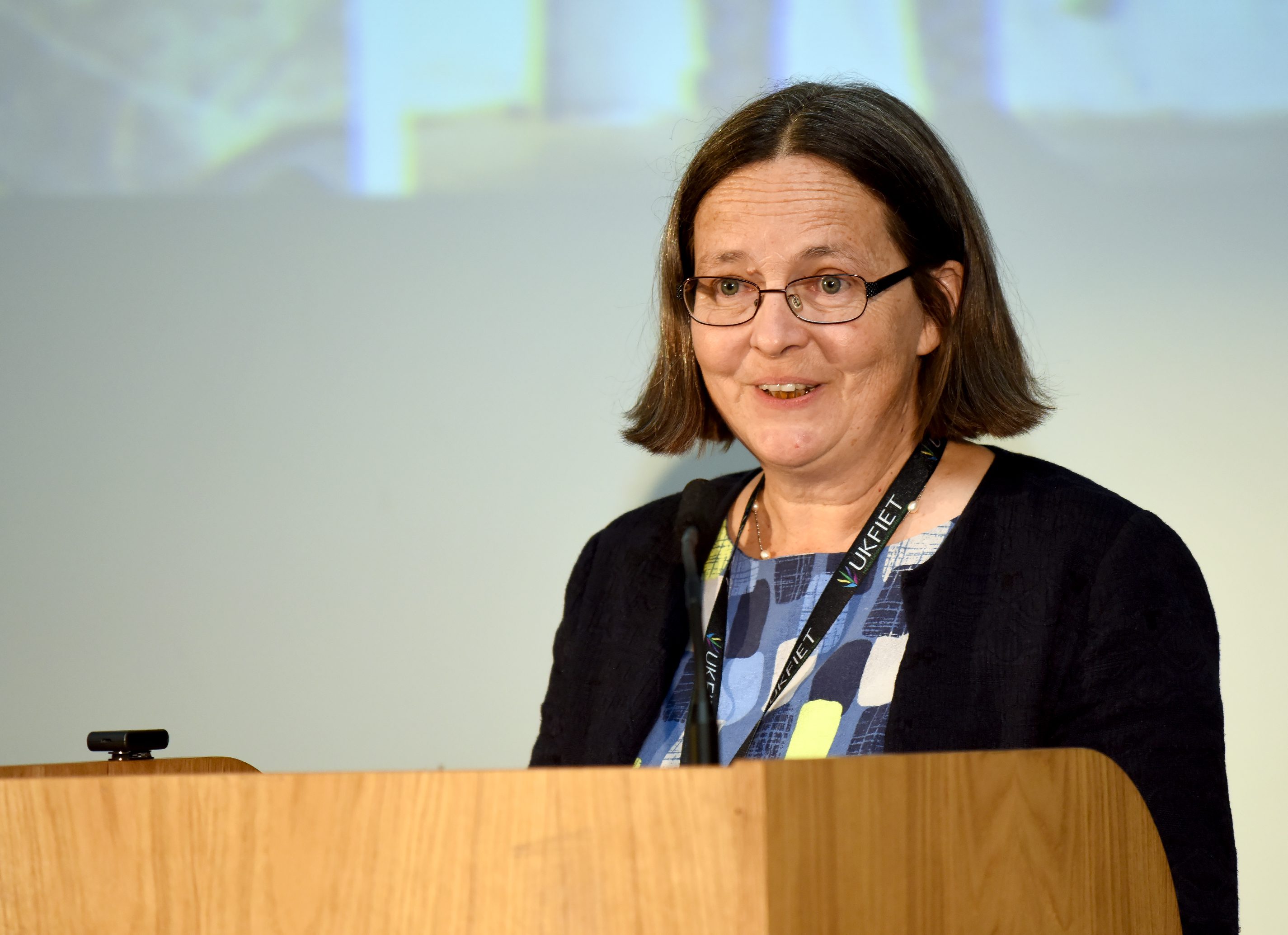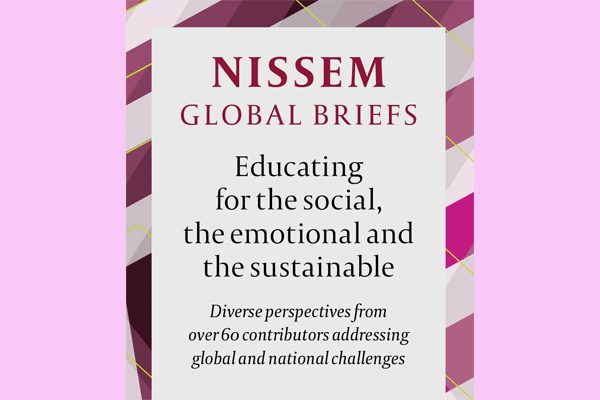Interview with theme co-convenor of one of six 2019 UKFIET conference themes, ‘Education technology and data science for inclusive systems’: Patrick Montjouridès, a PhD candidate with the Faculty of Education at the University of Cambridge.
Patrick is co-convening this theme with Kate Radford, who has also given an interview on her thoughts and expectations for the theme.
What excites you about the theme of ‘education technology and data science for inclusive systems’?
 As with all data today, education data have previously been considered boring and laborious, but have now become an attractive and better funded area of work and research. Many stakeholders pitched in and tried both to be trendy and attract funding through this new potential hook. I feel that this buzz has in turn produced some confusion with regard to the nature and usefulness of data in education.
As with all data today, education data have previously been considered boring and laborious, but have now become an attractive and better funded area of work and research. Many stakeholders pitched in and tried both to be trendy and attract funding through this new potential hook. I feel that this buzz has in turn produced some confusion with regard to the nature and usefulness of data in education.
On the one hand, it has generated some push-back from part of the academic community, wary of the “edu-business”, worried about the evidence-based politicisation of educational choices, and perhaps at times apprehensive of a complex and difficult accessible domain. On the other hand, this emphasis on data has opened a number of new avenues for researchers and practitioners in education, and social sciences and humanities at large.
Academics have integrated computational methods to provide responses to research questions which couldn’t be addressed in the past, and some Ministries of Education now have access to real time monitoring of their education systems. But education still trails behind when it comes to adopting state-of-the-art computational approaches. In comparison to fields like physics or biology, computational approaches are still in their infancy in education. And some, including me, might also reasonably wonder whether this is just a new trend which will fade, or whether this actually sets the foundations of new paradigms for the future of educational research and practice, which might leave behind those who haven’t boarded the fast-paced train yet.
The thing is, whether you’re a data sceptic or a data enthusiast, there is a lot of exciting research to build on and explore to better make sense of the role of data in education. This conference theme represents the opportunity to delve further into the issue of data science in education, to debunk some of the myths and to highlight some of the caveats and issues associated with this emerging area. I am excited by this opportunity to produce a constructive dialogue on how to balance technological excitement, methodological soundness and political sensitivity.
How does your theme link to the overall 2019 conference theme of inclusive education systems?
 Education technology and data science link in many ways with the overall theme of the 2019 UKFIET conference: ”Inclusive Education Systems: futures, fallacies and finance”. Take the example of Education Management Information Systems (EMIS): the daily monitoring and evaluation tool of national education policy-makers. If a national EMIS is not able to account for the most vulnerable and disadvantaged, how then will appropriate policy solutions be developed? Yet, we know that despite years of support by international organisations, many EMIS remain limited in the way they collect and disaggregate education data, calling for innovative thinking to improve a long-standing issue.
Education technology and data science link in many ways with the overall theme of the 2019 UKFIET conference: ”Inclusive Education Systems: futures, fallacies and finance”. Take the example of Education Management Information Systems (EMIS): the daily monitoring and evaluation tool of national education policy-makers. If a national EMIS is not able to account for the most vulnerable and disadvantaged, how then will appropriate policy solutions be developed? Yet, we know that despite years of support by international organisations, many EMIS remain limited in the way they collect and disaggregate education data, calling for innovative thinking to improve a long-standing issue.
I also believe that some examples, which could almost be considered out of left-field, resonate quite well with the issue of inclusive education systems. A number of researchers, including myself, have started to engage with the analysis of knowledge networks, a data and computationally intensive task, to challenge the legitimacy of key features of the global education community. When a global report is constituted almost exclusively of research and references coming from the “Global North”, how does that talk to inclusive processes in producing global policy recommendations in education? What was previously a hunch that many had about the lack of representativeness of global education publications can now be easily demonstrated by accessing the wealth of bibliometric data available and mobilising social network analysis methods… Eventually leading to potential improvement of some of these processes.
Finally, and perhaps above all, data science and inclusive education systems are linked by the issue of good governance of evidence in education, or how evidence-based policy choices are legitimised and made accountable to the public. This is particularly important as we strive to develop inclusive education systems. A critical debate emerged a few years ago about evidence-based policy approaches. Some notably highlighted that it is not because something is elevated to the status of valid evidence that it has achieved social desirability. Eventually, education data science should remain grounded in education science and be treated for what it is: one approach to help understanding education systems. It would be a misconception to believe that because approaches to education data are now more sophisticated than ever before, they are also able to walk on their own without their conceptual and qualitative other-half.
What kind of papers would you like to see submitted under your theme?
I would like to see papers that help building a constructive approach to education data science. Papers demonstrating when and how it can be used, showcasing innovative yet valid use of all types of data, including textual data, perhaps the largest yet most untapped type of data. But also papers that question the nexus between traditional and computational approaches to research, similarly to the close/distant reading debate that is happening in humanities. Papers that highlight some of the dangers of overreliance on data when there are inclusion issues at stake. In short, papers that pave the way to better frame the use of data and evidence in education to foster the development of inclusive education systems.






Thanks For Sharing these extraordinary content
Just want to drop by and say thank you for the good job. I hope this site will continue forever. I’m preparing myself for postgraduate studies data science